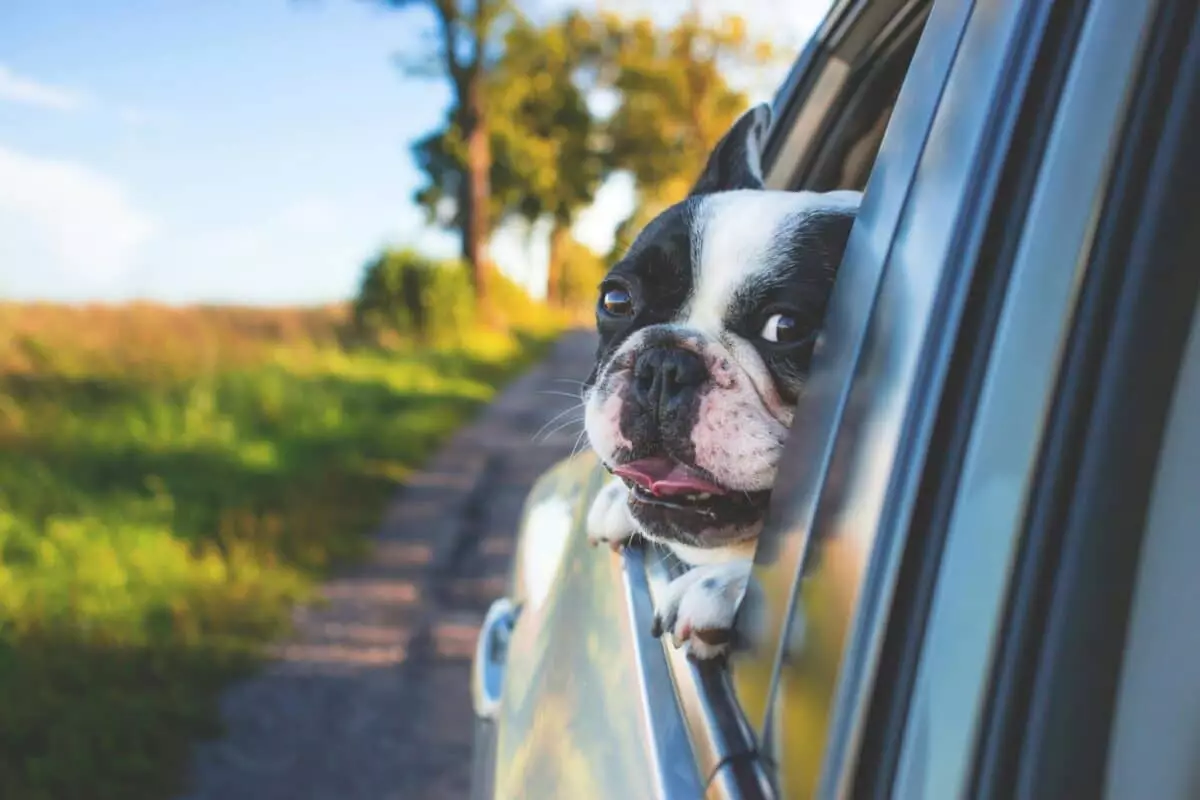Traveling can be a delightful experience when shared with our furry companions. However, not all dog breeds are designed for the rigors of car travel. While some dogs appear to revel in the adventure, hanging their heads out of windows as the wind rushes by, others may need special arrangements to ensure their comfort and safety on the road. This article delves into the nuances of car travel with various dog breeds, highlighting those that require extra care during journeys.
The challenges faced during car trips with dogs can vary significantly based on the breed. Factors such as anxiety, size, and predisposition to motion sickness play a crucial role in determining how well a dog will handle a journey. Recognizing these nuances allows dog owners to make informed decisions and preparations ahead of time.
For many dogs, the stress of travel can lead to anxiety or discomfort, manifesting as restlessness, vomiting, or even panic. Some breeds, characterized by their unique physiologies, may be predisposed to such challenges. Understanding these issues can transform a stressful experience into a smooth and enjoyable ride for both the human and the canine.
Certain breeds distinctly demonstrate a need for additional care during car travel. Understanding each breed’s specific requirements allows owners to tailor their travel plans better, ensuring the safety and well-being of their furry friends.
Basset Hounds exhibit a calm demeanor but may suffer from motion sickness due to their low center of gravity and heavy bodies. To enhance their comfort, it’s advisable for owners to secure a stable, cushioned space for them in the car where they can lie down comfortably.
Boxers are playful and energetic but can become anxious during car rides. Their restlessness can be alleviated through exercise before departure and by providing a secure and familiar space in the vehicle. Owners might also find that familiar toys or blankets serve as comforting companions for the journey.
English and French Bulldogs, notorious for their brachycephalic features, may struggle with breathing in confined spaces. Their owners must ensure ample ventilation and monitor climate conditions within the vehicle to prevent overheating, a severe risk for these breeds.
Great Danes pose unique challenges due to their size. Owners must ensure that the car accommodates their large frame comfortably, allowing enough room for the dog to stretch and rest. Frequent breaks are also beneficial for their joints and overall comfort.
Chihuahuas, despite their tiny size, tend to experience heightened anxiety. Given their propensity to become easily overwhelmed, using a secure carrier can provide them with a safe haven during travel, helping to reduce their anxiety levels.
German Shepherds are known for their intelligence and loyalty, but they can experience travel-related anxiety and car sickness. Providing reassuring companionship during the ride, along with ventilation, can help alleviate their stress.
Providing a comfortable and stress-free travel environment is essential for all dogs, but especially for those that need extra care. Strategies for achieving a successful road trip with your dog include:
– Preparation: Take time to acclimate your dog to the car environment. Short trips can help them become familiar with the vehicle, reducing anxiety for longer travels.
– Safety Measures: Use dog seat belts, carriers, or crates to keep your canine securely in place. This not only keeps them safe but helps to prevent distractions while driving.
– Breaks and Refreshments: Plan for frequent breaks to allow your dog to stretch, relieve themselves, and hydrate. This is particularly important for breeds that may be prone to discomfort from prolonged periods of immobility.
– Comfort Items: Bringing along blankets, toys, and calming treats can provide familiarity and comfort for dogs that may experience anxiety during travel.
While not every dog is inherently suited to road trips, the enjoyment of traveling with our four-legged friends often outweighs the extra effort required to ensure their comfort. Recognizing the specific needs of various breeds and planning accordingly can make a significant difference in the travel experience.
By taking the time to understand your dog’s needs, offering support, and making careful preparations, every journey can turn into an adventure filled with joy, laughter, and lasting memories. So, as you gear up for your next road trip, remember to pack wisely, provide ample care for your furry companion, and most importantly, enjoy the ride together!

